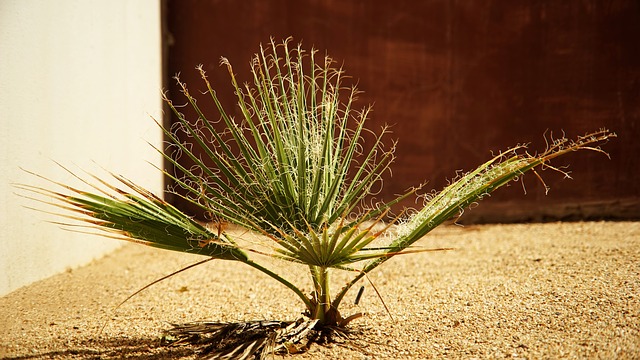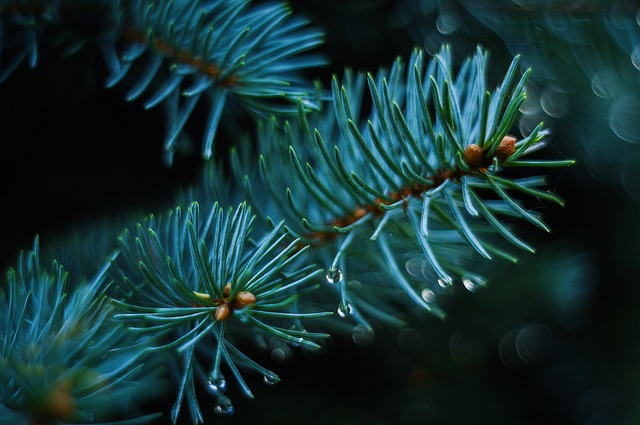Gardening is a natural process that brings the body and mind into alignment with nature. There’s something so satisfying about watching your garden bloom from the seed into maturity. The insights here can help you get going and answer a lot of questions you may have. Listed below is some very valuable advice that will help tint your thumb green, and bring you mindful gardening success.
Mindful Gardening Starts with the Seed
 Starting seedlings in pots before planting in your garden is a smart idea. Once the plant is hardy enough, plant it in your garden. In addition, you can shorten the intervals between your plantings. You will have healthy seedlings that are ready to be planted when you get rid of old plants.
Starting seedlings in pots before planting in your garden is a smart idea. Once the plant is hardy enough, plant it in your garden. In addition, you can shorten the intervals between your plantings. You will have healthy seedlings that are ready to be planted when you get rid of old plants.
Stink bugs can damage your garden, especially if you garden in the fall. These destructive pests enjoy many kinds of fruit, as well as beans, peppers and tomatoes. If you do not keep them under control, the damage can be excessive, so keep an eye out for them.
When you mow your lawn, do not mow it close to the ground. By leaving your grass a little taller, you are allowing it to become stronger, as the roots grow stronger and deeper. Leaving the grass short makes it more prone to drying out, which leaves your lawn look really brown and yucky.
Start peas inside in a container, rather than planting the seeds outdoors. Seeds will always germinate much better when you first plant them indoors initially. The seedling may also be hardier, which means that they can better resist disease and attacks from pests. You will be able to transfer the seedlings outdoors after they become better established.
Your Body, and Your Garden, are Temples
If you are gardening for the first time ever, read and follow all directions and instructions that come with your chemicals and tools. If you ignore them, you can irritate your skin in most painful ways. For your own safety, take the time to read and follow the instructions.
If you have many low-growing plants in your garden, get yourself a pair of gardening knee pads. When you spend a lot of time kneeling while gardening, your knees can be very achy by the end of the day A set of quality knee pads designed for gardening can be a world of relief for your central leg joints.
Attune to the Environment
Indoor plants have been bred over time to thrive in temperatures that are characteristic of a home. Most indoor plants like to be in about 70 degree temperatures, plus or minus 5 degrees. Plants need to be in an environment that is neither too warm nor too cool for them to grow. If there are times during the year when you would prefer not to have the temperature that high, another solution you can utilize is to purchase heat lamps for your organic plants.
As your seeds sprout, they require less warmth than before. To ensure that your plants do not suffer shock, start eliminating the use of a heat source. You must also take away plastic films from your containers in order to keep the warmth and humidity out. Watch your seeds closely to find the right time to do this.
After reading this article, you should feel better about starting your mindful gardening journey. It is amazing how much you can learn, even after thinking that you were pretty knowledgeable. Hopefully the advice and tips in this article will help give you a good start in your gardening endeavors.
